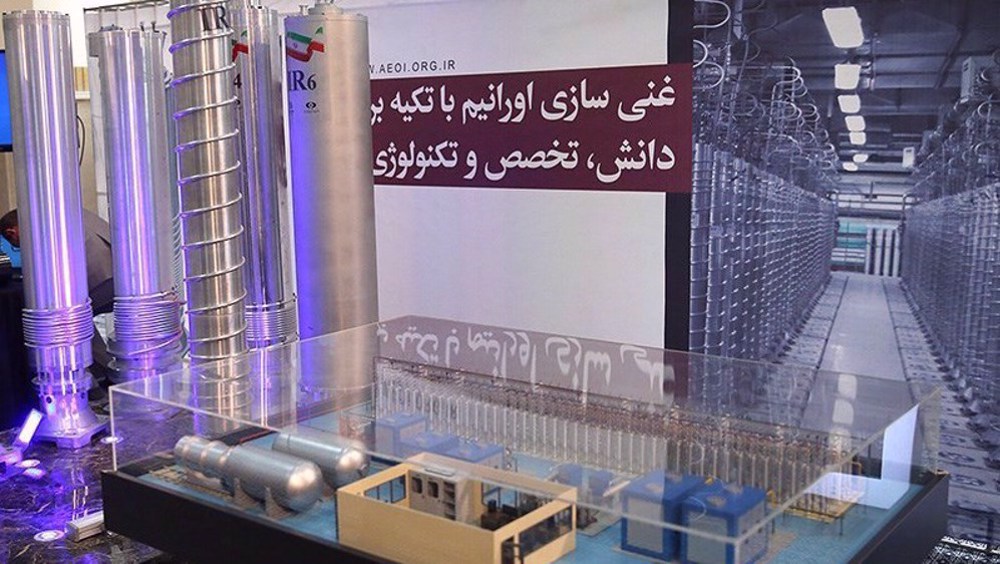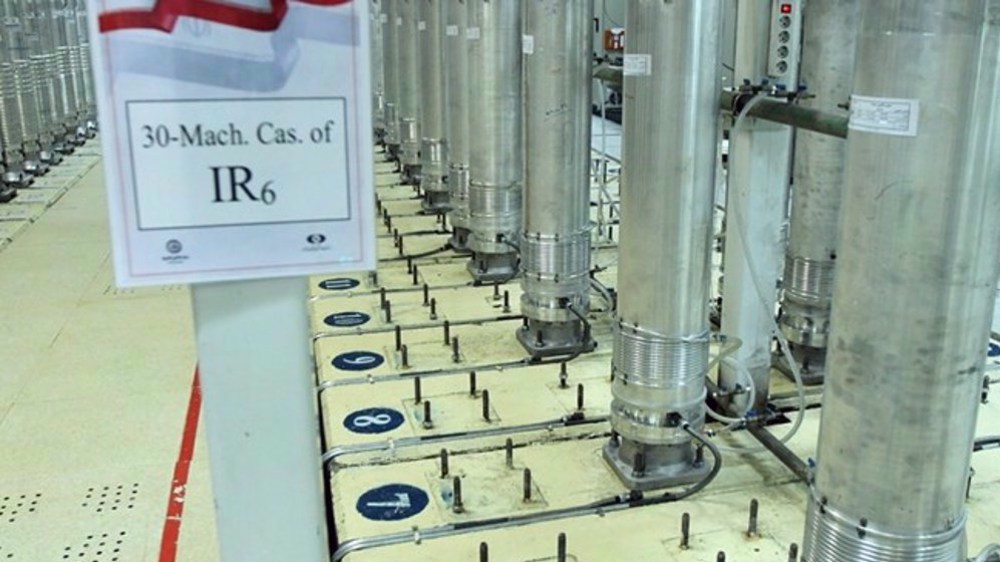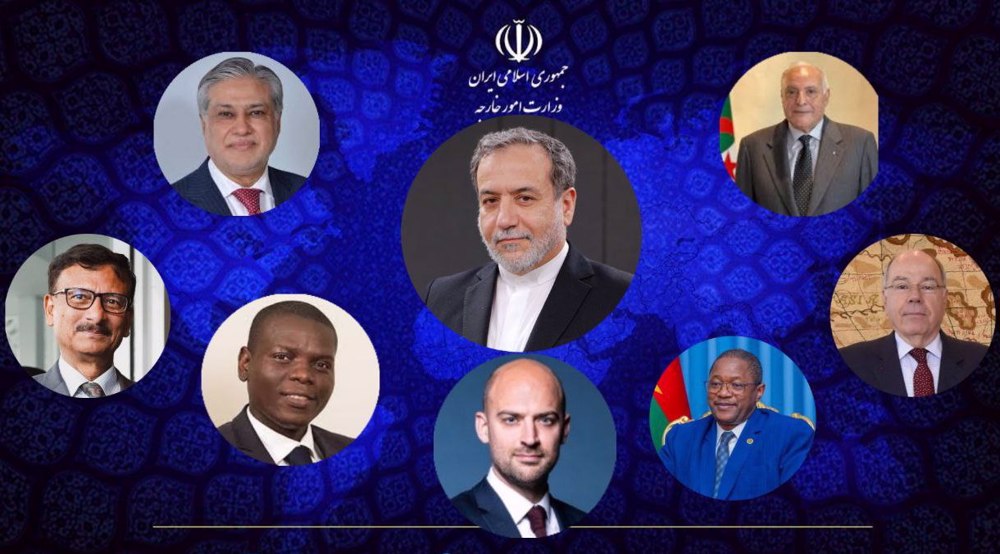Trump not to ‘rid’ Iran deal but to ‘revise’ it, his advisor says
US Republican presumed Donald Trump does not plan to “get rid of” Iran’s nuclear deal but he will “revise” it if he wins the White House in the 2016 presidential election, says his top foreign policy advisor.
Walid Phares made the comments in an exclusive interview with conservative news and opinion website the Daily Caller on Monday.
Iran and the world powers, including the United States, reached a nuclear agreement last year, which put an end to nearly a decade of on-and-off intensive talks.
Tehran has already asserted that Washington is only one of the parties in the agreement and the GOP candidate is in no position to speak of “renegotiating” a deal endorsed by UN Security Council.

In order to appeal to Republican voters, Trump had already spoken of “killing” the deal as president on his first day in office.
Phares tried to clarify Trump’s stance on Iran in the interview, saying, “No, he’s not going to get rid of an agreement that has the institutional signature of the United States.”
Calling him “a man of institutions,” Phares echoed the real estate tycoon’s previous claims about making the deal better.
“He is a man of institutions. But he’s going to look back at it in the institutional way. So he is not going to implement it as is; he is going to revise it after negotiating one on one with Iran or with a series of allies.”
Trump has also used the agreement as a means to attack the Democratic administration of President Barack Obama, engaged in negotiations with Tehran, so as to undermine the campaign by his former Secretary of State, Hillary Clinton.
“He’s said so far that he doesn’t like this deal and that it was poorly negotiated,” said Trump’s advisor (pictured below). “Once elected, he’s going to renegotiate it after talking through it with his advisors.”

After the deal, dubbed the Joint Comprehensive Plan of Action (JCPOA), was clinched in Vienna on July 14, 2015, the Republican-weighted US Congress spared no efforts to dismantle it but was faced with resistance from Obama.
In his interview, Phares spoke of the possibility for Trump to send the agreement to the US Congress.
“One of the clear possibilities is he will send it back to Congress,” Phares said. “The reaction of the Iranian leadership will be the next phase.”
Iranian Foreign Minister Mohammad Javad Zarif reacted to Trump’s stance after a speech in the Swedish capital Stockholm on June 1, saying, JCPOA "is not an Iran-US agreement for the Republican front-runner or anybody else to renegotiate.”
Britain, Russia, Germany, China, and France were also engaged in the nuclear talks as well as the final outcome.
“It's an international understanding annexed to a Security Council resolution," said the Iranian top negotiator.
Hamas says female Israeli captive killed in Gaza, holds Netanyahu responsible
Majority of US Jewish teens 'sympathize with Palestinians': Survey
Another Palestinian journalist killed in Israeli bombing in Gaza
VIDEO | Children suffer brunt of forced starvation in Gaza
ICC arrest warrants for Netanyahu, Gallant: A watershed moment in intl. justice
VIDEO | Pro-Palestine solidarity campaigns facing repression in India
Iranian Navy to take delivery of new homegrown submarines soon: Cmdr.
Iraq sends letters to regional, intl. organizations over Israeli threats










 This makes it easy to access the Press TV website
This makes it easy to access the Press TV website